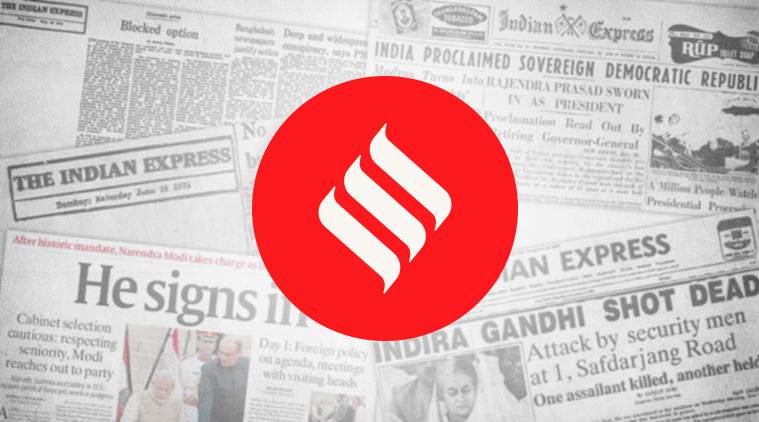Opinion Bengal’s pride
The state has scored two smash hits in one day. But there’s a lot more going on in that corner of our meaningless universe
 Country needs to evolve well-rounded protocols for managing disasters, not look at them as only administrative problems.
Country needs to evolve well-rounded protocols for managing disasters, not look at them as only administrative problems.  After a span of years, there is a good reason for Bengali exceptionalism to come out and take the air of the “dying city” that just goes on living, regardless of Sharada, Narada and Dilip Ghosh-da. It is an uplifting moment.
After a span of years, there is a good reason for Bengali exceptionalism to come out and take the air of the “dying city” that just goes on living, regardless of Sharada, Narada and Dilip Ghosh-da. It is an uplifting moment.
Once more, a son of Bengal has won a Nobel prize in economics, while another has cleared the field of competition for the post of chairman of the Board of Control for Cricket in India. This is broad-spectrum world dominance — brain, brawn, prefrontal cortex, motor cortex, limbic system, gluteus maximus, everything that makes us human. Bengal is celebrating, and the City of Joy is having a ball. After a span of years, there is a good reason for Bengali exceptionalism to come out and take the air of the “dying city” that just goes on living, regardless of Sharada, Narada and Dilip Ghosh-da. It is an uplifting moment.
The Didis and Dadas of West Bengal are frequently accused of being cultural supremacists. This is excessive, because they are only exceptionalists. And who can deny that the state that gave India Marx, Mao and machher jhol is exceptional? Whether it is the prevalence of hyperreality or hypochondria, no other state comes even close to the one that invented mutton rolls and permanent revolution. West Bengal leaves the competition far behind in indices as diverse as the population density of amiable lunatics and the number of streets named after poets and scientists who lived or worked in the neighbourhood. Plotting the consumption of kosha mangsho against antacid sales could reveal something of the soul of the state. Who knows, a Kuznets curve might emerge, signifying a reckless lust for life, even after Gelusil falters under the gastric onslaught.
While we admire West Bengal for mass-producing Nobel laureates (the Bengalis lay claim to Sir Roland Ross, CV Raman and Mother Teresa, too), we are only looking at a sliver of life. There’s a lot more going on over there. Look beyond the cultural supremacists, and exceptional things shall be in your midst.





